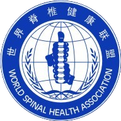After entering the hot season, the weather will become increasingly warm.
During the dog days of summer, most people choose to cool off with “ice” options, such as chilled watermelon, ice pops, and iced cola. However, behind these “summer favorites” lies the hidden secret of “Yang deficiency”!

What is “Yang Deficiency”?
Yang deficiency refers to a pathological phenomenon characterized by insufficient Yang Qi in the body.

What is Yang Qi? Yang Qi is like the sun in the sky, bringing light and warmth to nature. Without it, all living things cannot survive. If the human body lacks Yang Qi, it loses the vitality of metabolism, cannot provide energy and warmth, and life will cease.
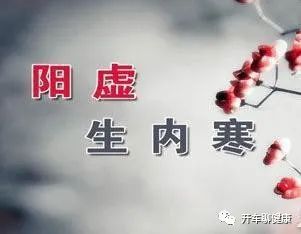
Yang Qi plays a role in warming the body and the organs. If there is a deficiency or weakness of Yang Qi, it can lead to a decline in bodily functions, resulting in a low response and a tendency for the body to exhibit signs of coldness. For example, symptoms may include aversion to cold, cold hands and feet, pale complexion, loose stools, clear and frequent urination, and a weak pulse.
Causes of Yang Deficiency Constitution
Yang Qi originates from the gathering of the innate essence from parents, but this innate Yang Qi is only sufficient to sustain life for a few days. To survive, one must eat and breathe in the natural Qi. Therefore, the Yang Qi of the human body is largely influenced by the acquired essence from food and the natural Qi.
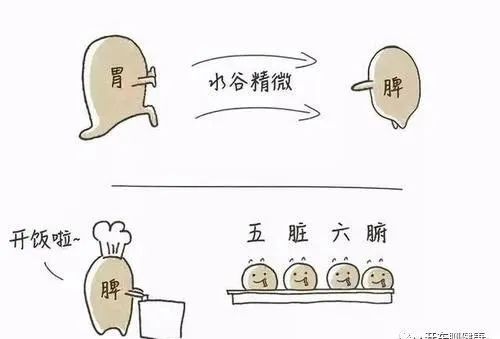
Thus, the causes of Yang deficiency can be considered from two perspectives:
Innate Causes: On one hand, the parents may not have been in good health; on the other hand, various factors during pregnancy may have affected the development of the fetus, leading to insufficient Zheng Qi (upright Qi), resulting in low immunity and a frail constitution after birth.
Acquired Causes: The formation of acquired Yang deficiency is often related to damage to the Spleen Yang. The Spleen and Stomach are the foundation of acquired essence; if this foundation is compromised, the body’s required substances and energy sources will be affected.
Many children today tend to have Yang deficiency, which is often related to damage to the Spleen and Stomach:
Overconsumption of cold foods (e.g., ice cream, unrestricted fruit consumption, skipping meals);Improper medication history (abuse of antibiotics, intravenous therapy, using cold Chinese herbal medicines without proper diagnosis); dietary imbalances causing damage to the Spleen and Stomach (e.g., overeating leading to food stagnation, diarrhea, introducing highly nutritious foods too early, burdening the Spleen and Stomach); insufficient rest (e.g., excessive time spent on electronic devices); lack of outdoor activities; excessive family protection (over-managing daily tasks, overly restricting behavior, excessive indulgence in emotions, etc.)….All of these factors can have an impact.

For adults, in addition to Spleen Yang factors, there is also the depletion of Kidney essence:For example, excessive work stress, frequent late nights, and overindulgence.

Manifestations of Yang Deficiency
Kidney Yang deficiency is a type of cold syndrome characterized by the failure of warmth and transformation due to Kidney Yang deficiency. It is often caused by a constitution of Yang deficiency, aging-related Kidney depletion, chronic illness harming the Kidneys, and excessive sexual activity. This can typically be summarized in six manifestations:
Manifestation 1: Pain
Individuals with Kidney Yang deficiency often experience pain in the lower back and legs. This pain is often accompanied by soreness and fatigue.
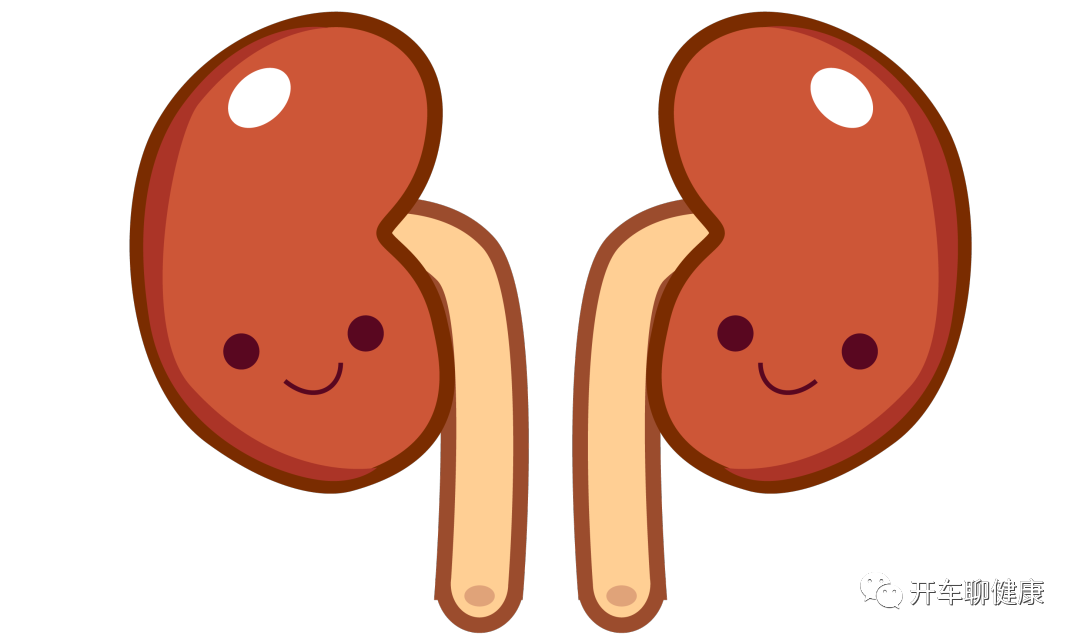
The lower back is the residence of the Kidneys; when there is a problem with the Kidneys, we can easily feel it in the lower back. Additionally, the Kidneys govern the bones, and with insufficient Kidney Yang, the entire skeletal system suffers. Among all bones, the lower limbs bear the most weight and are the most burdened, so they are the first to show symptoms.
Manifestation 2: Coldness
Individuals with Kidney Yang deficiency exhibit significant cold signs. We know that Kidney Yang is the foundation of Yang Qi for all organs and meridians. When Kidney Yang declines, the entire body cannot be warmed. Therefore, we experience cold hands and feet and aversion to cold. Moreover, since the Kidneys are located in the lower jiao (lower abdomen), when Kidney Yang is insufficient, the coldness in the lower limbs and feet becomes particularly pronounced.
Manifestation 3: Fatigue
Due to insufficient Kidney Yang, our Heart Yang and Heart Qi are also affected, leading to mental fatigue and a decline in cognitive functions such as thinking, understanding, judgment, and reaction. At the same time, the circulation of Qi and blood is dependent on the warmth and promotion of Kidney Yang. If Kidney Yang is insufficient, Qi and blood cannot effectively reach the head and face, resulting in a pale complexion.
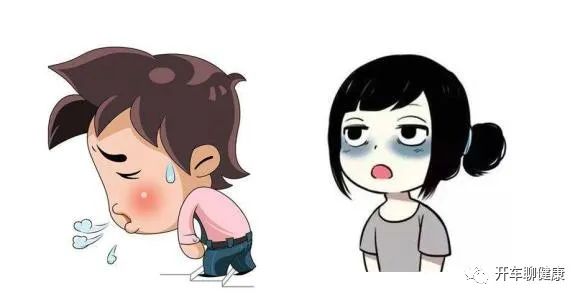
If Kidney Yang deficiency is severe, the complexion may even appear dark. Why? Because of the accumulation of Yin and cold.
Manifestation 4: Weakness
It is well known that the Kidneys are related to reproduction. Therefore, when Kidney Yang is insufficient, a series of reproductive dysfunctions may occur.  For men, insufficient Kidney Yang and declining Mingmen fire can lead to impotence. For women, Kidney Yang deficiency can cause coldness in the uterus. Women who frequently experience habitual miscarriages may often be seen as having Kidney Yang deficiency.
For men, insufficient Kidney Yang and declining Mingmen fire can lead to impotence. For women, Kidney Yang deficiency can cause coldness in the uterus. Women who frequently experience habitual miscarriages may often be seen as having Kidney Yang deficiency.
Manifestation 5: Diarrhea
A typical manifestation of Kidney Yang deficiency is that patients are prone to diarrhea. They may be unable to tolerate cold or low-temperature foods, or they may need to use the restroom urgently in the early morning, otherwise, they experience unbearable pain. Why is this? Because Kidney Yang deficiency cannot stimulate and warm the Spleen Yang. Insufficient Spleen Yang leads to a series of digestive symptoms.
Manifestation 6: Swelling
Another manifestation of Kidney Yang deficiency includes swelling of the limbs. Some elderly individuals frequently experience edema in the lower limbs, which may be related to Kidney Yang deficiency.
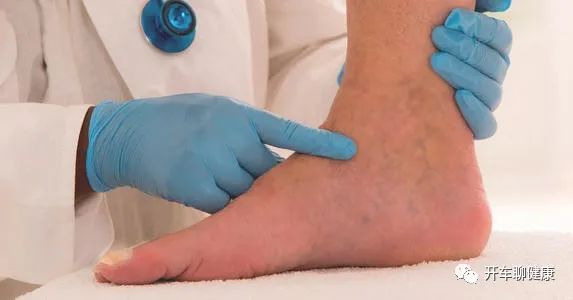
How to Nourish Yang Deficiency
From the perspective of Traditional Chinese Medicine, the Kidneys are the foundation of innate essence and the root of Yang Qi. The Huangdi Neijing states: “Nourish Yang in spring and summer, and nourish Yin in autumn and winter.” One can use certain nourishing medicinal dishes to strengthen the Kidneys and protect Yang, and here are two recipes for reference:
Job’s Tears and Yam Porridge
Ingredients: Yam, japonica rice, Job’s tears, Schisandra, white sugar.
Method: Peel and slice the yam; wash the japonica rice; place the yam, Job’s tears, Schisandra, and japonica rice into a pot, add water, and cook; after cooking into porridge, add white sugar to taste.
Lock Yang Nourishing Porridge
Ingredients: Chinese herb Lock Yang, lamb, japonica rice, salt.
Method: Wash the Lock Yang and boil it in water for 5-10 minutes, then remove the herb residue and keep the liquid; wash the lamb and japonica rice, cut the lamb into slices, and add it to the pot with the Lock Yang liquid; cook into porridge and add salt to taste.
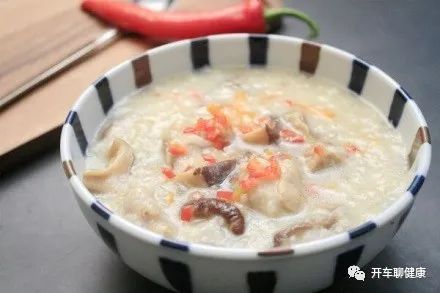
In addition to medicinal dishes, one can also directly take some Chinese patent medicines that warm Yang and tonify the Kidneys, especially for middle-aged men who are more prone to Kidney Qi depletion, as direct medication can yield better results.For example, the Chinese patent medicine Gui Ling Ji, which contains ingredients such as red ginseng, deer antler, cooked rehmannia, cistanche, and other precious herbs, is effective in strengthening the body, tonifying the Kidneys, and enhancing appetite, making it very suitable for nourishing Yang in summer.

Recommended Reading:
90% of lumbar disc herniation cases do not require surgery, just this treatment…
The only benefit of crossing your legs is… (A must-read for women)
The most comprehensive “core muscle group” training methods; after training, the back pain is gone, and endurance is improved.
“To treat the waist, one must treat the hips”? How can back pain be related to the buttocks?
Is it really that scary if the cervical spine’s physiological curvature becomes straight? Have you considered correcting it?
How to eliminate the hidden killer “wealth bag”? These methods are super effective!
A couple underwent knee surgery together! The culprit was a “good habit” maintained for 10 years!
Back pain and buttock pain are not due to a herniated disc? It could be this muscle crying for help!
I was about to “lie flat” when the orthopedic doctor said…
Click to like Click to support
Click to support
Share to remind more people
↓↓↓

